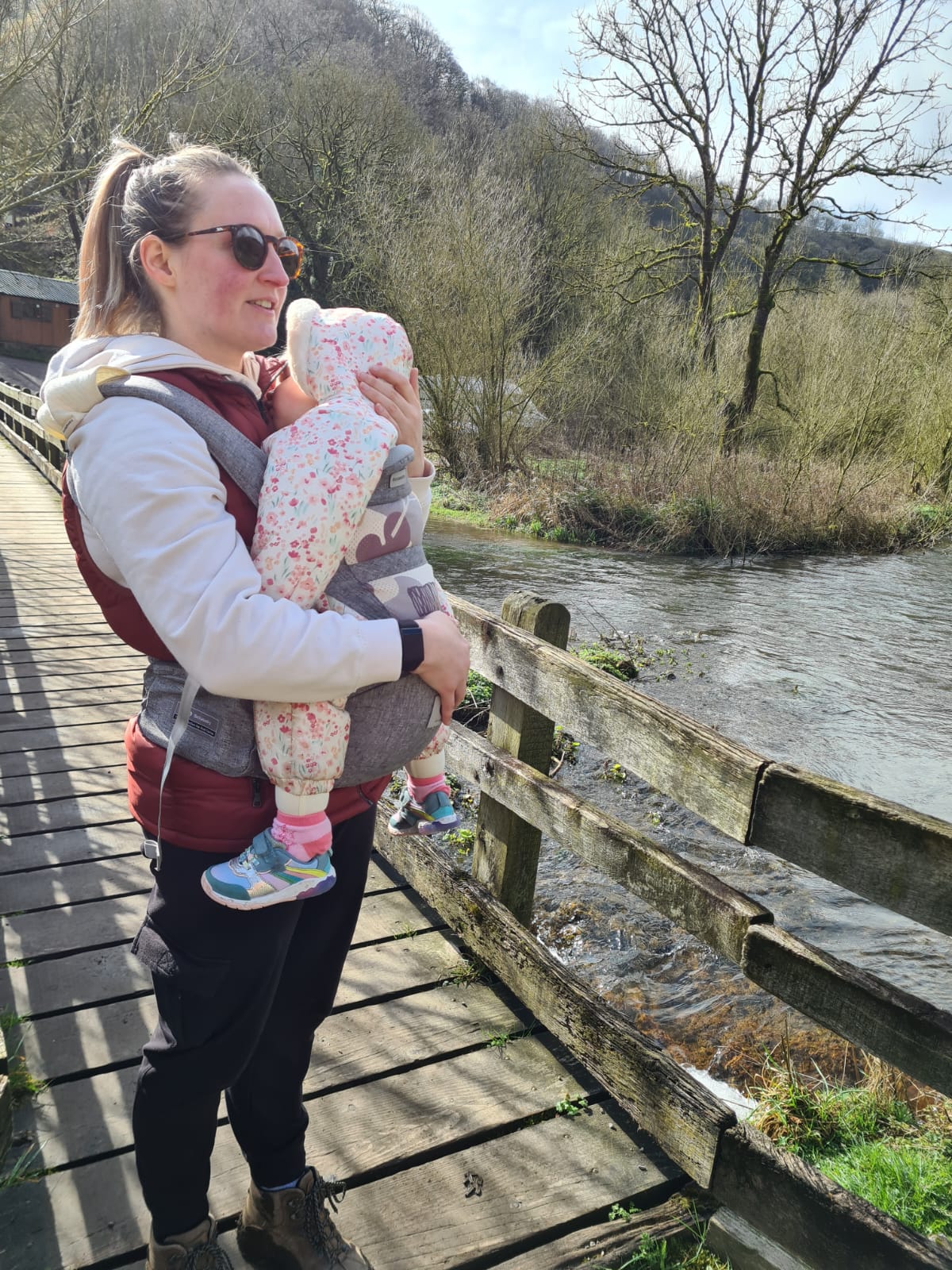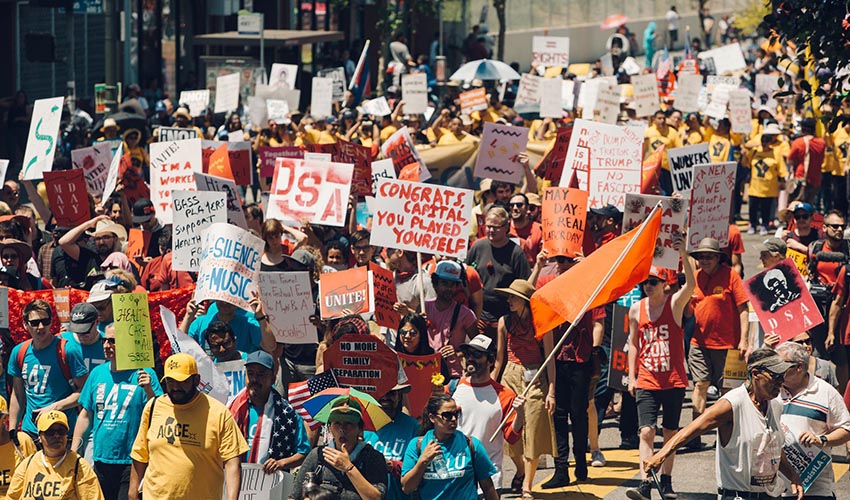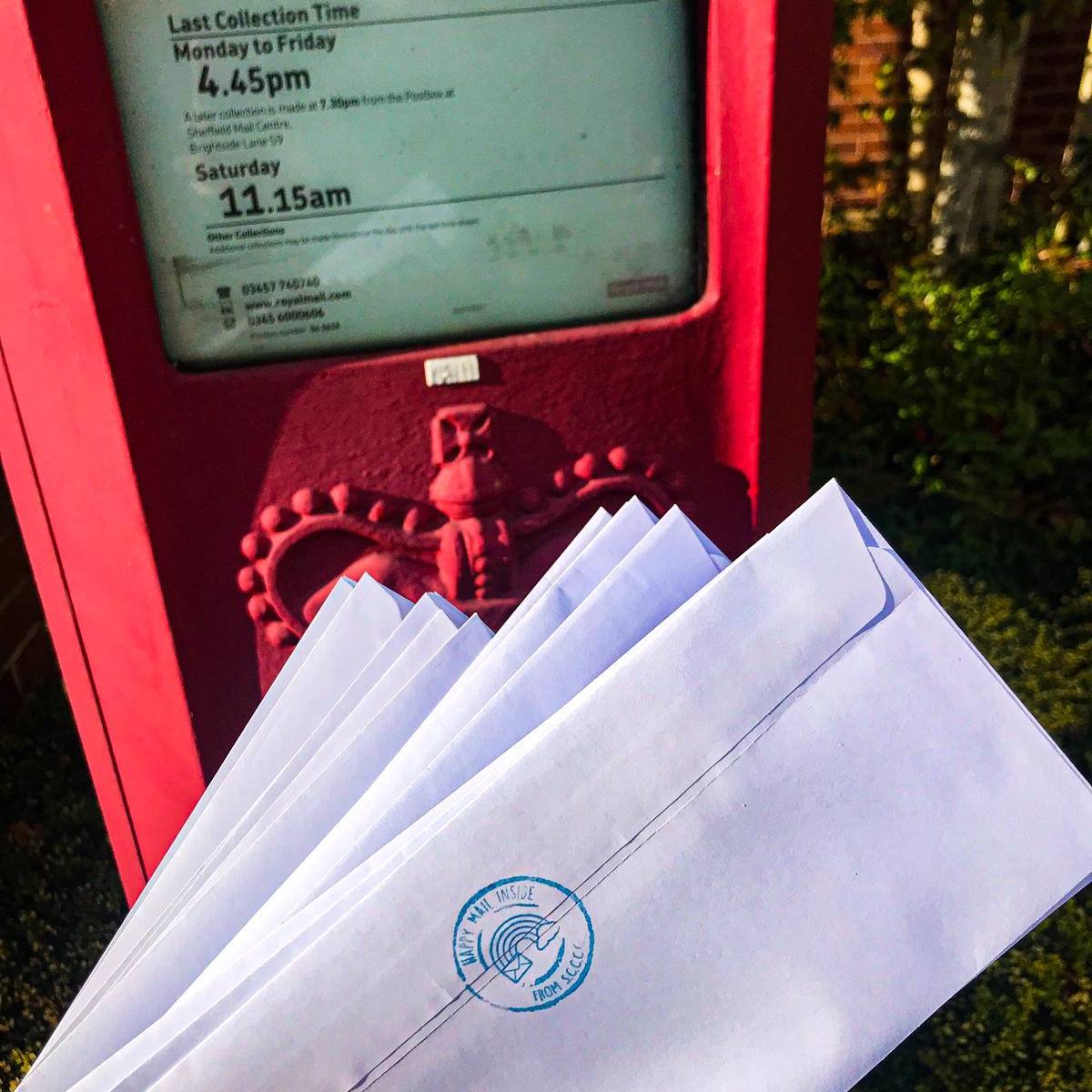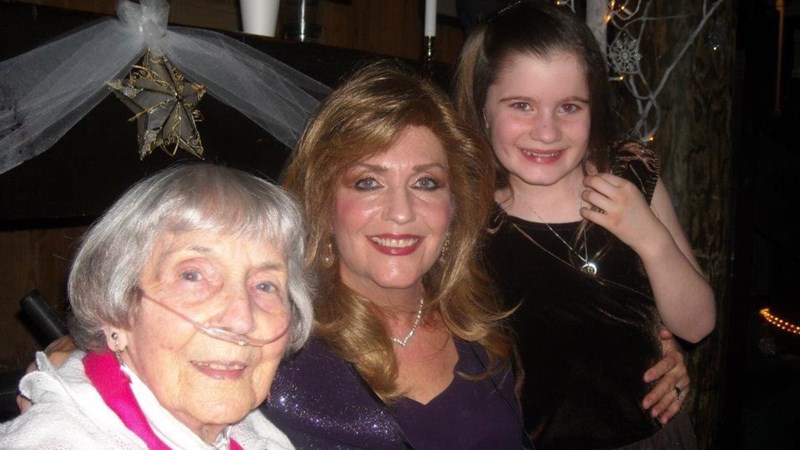As maternal deaths remain at a 20-year-high and midwives feel increasingly disillusioned, women training as doulas is on the rise.
Victoria Gordon ,a former nurse, trained to become doula two years ago, after receiving different levels of care when she gave birth to her own three children.
“My own three births (and two losses) have all been completely different experiences. The one constant theme, was the lack of continuity in care and the medicalised approach to, what should be in most cases, a perfectly ‘normal’ event,” Victoria, from Warwickshire, says.
Victoria, who also works part time in clinical research, and trained in hypnobirthing and infant feeding, believes home births empower women and means they can have more control over their births.
“As women, we’re told just to be good girls, ‘do as you’re told’, ‘doctors are always right’, but to ask why, or to say ‘no is empowering,” she says.
Victoria believes having the option for a home birth is a postcode lottery. “It really depends on where you live,” she says. “Some women can’t access midwives at home in their area. There are some areas I’ve heard of that have amazing home birth teams, but then there’s areas where there’s real pushback.”
Recent maternity scandals are another reason why women choose home births, believes Victoria. “The number of people that are coming out of the system, so traumatised for not being listened to. Obstetric violence, it’s very real. That’s why people are opting out of the system altogether,” she says.
Victoria is trained in alternative child birth options, which she believes can be beneficial. “Hypnobirthing is a state of deep relaxation to help birth,” she says. “Being relaxed is absolutely essential for your birth to progress. Hypnobirthing taps into the subconscious to know that birth is safe and to create a sense of calm so the birth can be smoother.”
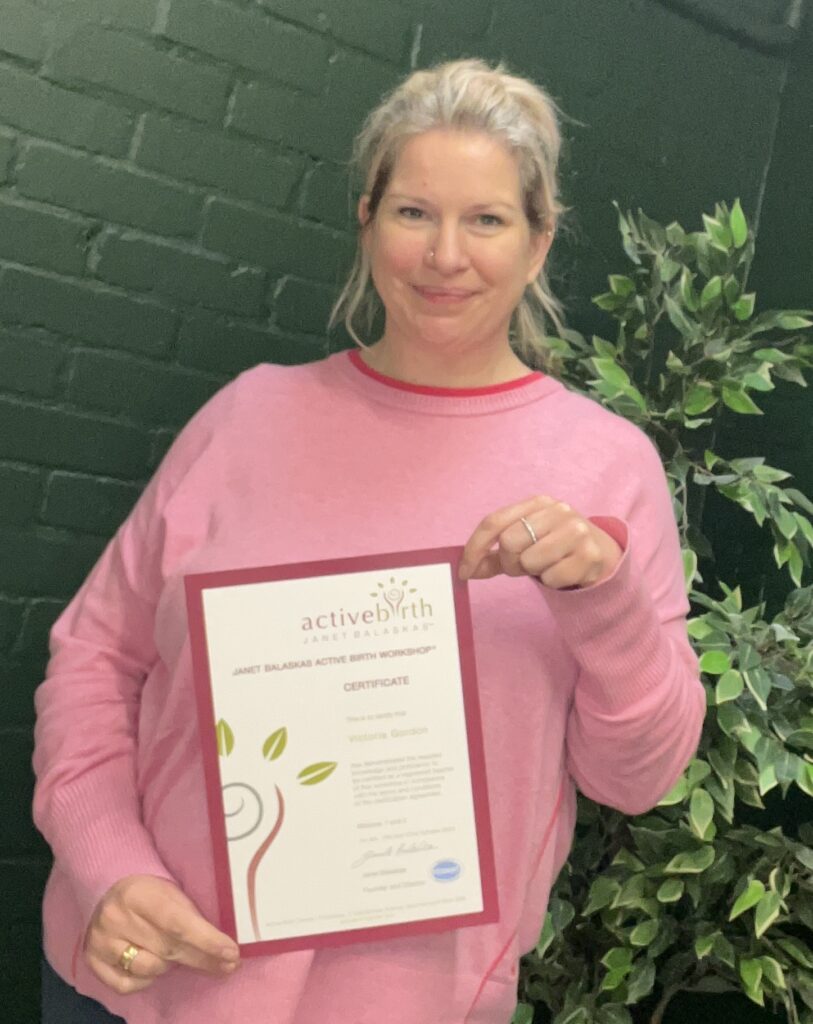
As opposed to medicalising birth, doulas, including Victoria use the BRAIN acronym. She says: “The woman should ask: what are the benefits of this? What are the risks of this? What are the alternatives? To listen to their intuition. What happens if I do nothing now? To be able to balance up the choices so they have informed decisions and can have informed consent.
“This is where trauma comes in, where people are forced into doing things when they don’t really know why they’re being forced into it.”
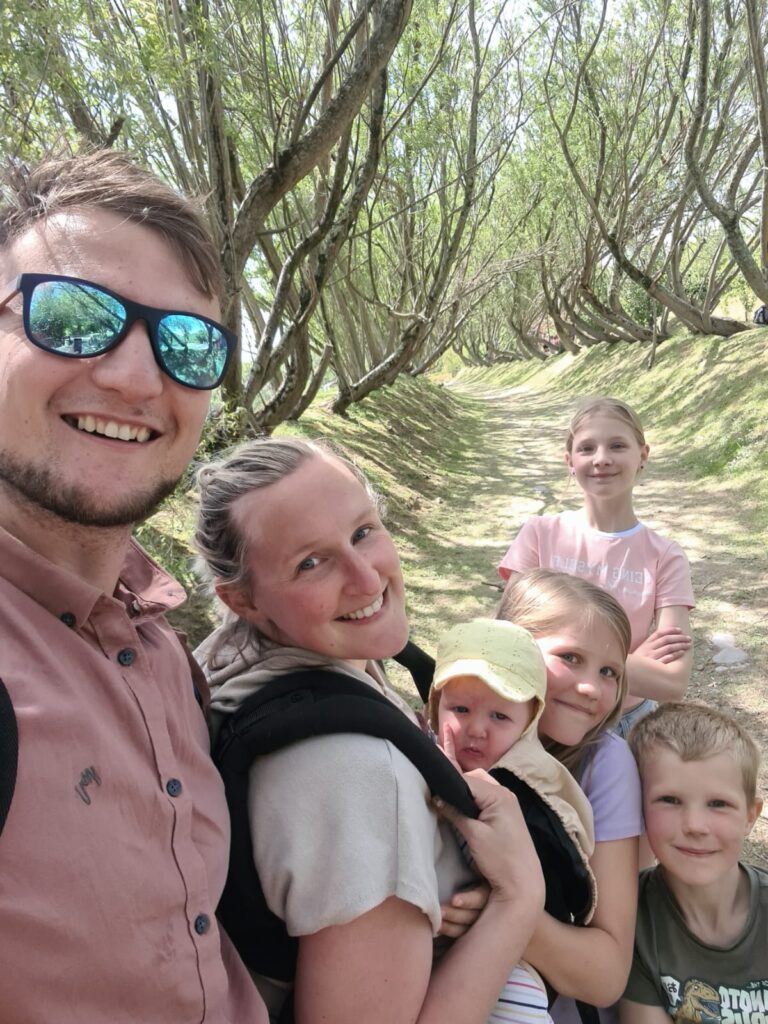
Leanne Clark, 38, from Derbyshire, was inspired to train as a doula a year ago after giving birth to her own four children.
“I met resistance in the birth room and it made me feel like I didn’t know my own body,” says Leanne, who felt her birthing decisions were ignored.
On Leanne’s Doula UK page, she states: “My aim is to provide you with practical and emotional care that has you [the mother] at the centre… a feature that is recently all too frequently lacking within the NHS.”
She trained with the Doula Training Foundation, taking part in their four-day intensive course, led by two experienced doulas., alongside an additional module.
Leanne also believes births are becoming over-medicalised. “Unfortunately, the model that we’re dealing with at the moment is mostly medicalised and birth is something that only occasionally happens naturally,” she says. “We have to ask as a country, why are we in that situation? Why are we the only mammal that isn’t being left to its own devices?
“I think we need to get the trust back that women’s bodies know what they are doing. They are designed to birth babies.”
“We’re intervening to make sure things go smoothly, and yet, birth trauma rates have risen massively in the UK,” Leanne says. “Something needs to change.”
She feels there’s a stigma around home births and that a lot of women who say it’s not safe to give birth at home, but a study published in The Lancet revealed that low risk pregnant women were no more at risk of their baby dying whether they have their birth at home or in hospital and says people need to look at the evidence.
“A lot of women feel like they’re being brave if they decide to have a home birth,” says Leanne. “I don’t think these women are. I think it’s present in this culture that it’s seen as unusual to give birth at home.”
Leanne has encountered mixed experiences when working with midwives, which she feels is commonplace.
“When I hear of hostilities from midwives towards doulas, it’s such a shame because it immediately changes the atmosphere in the room and that’s not acceptable,” says Leanne. “But there are great midwives out there who realise that having a doula makes their job easier, as they will have spent many hours with that family up until that point. The midwife may not have even met that family before, so they can be assured that they’ve [the mother] had a good amount of care and support.
“It’s a shame if there is resistance because if a woman has chosen a doula to come and support her, that’s then also disrespectful to the woman’s choice.”
Leanne said a lot of women who want home births are being pushed to consider freebirths due to a lack of NHS midwives being available to attend the home birth.
“I can offer the continuity of care for the family that the midwife unfortunately cannot,” says Leanne. “I know many midwives that would say they wish that they could offer that. A lot of the time, women just don’t feel listened to or have someone there who knows them intimately and has spent time with them.
“I am in a privileged position of being able to get to know the woman and listen to her more than the midwives can. I see them more than the midwives do.”

